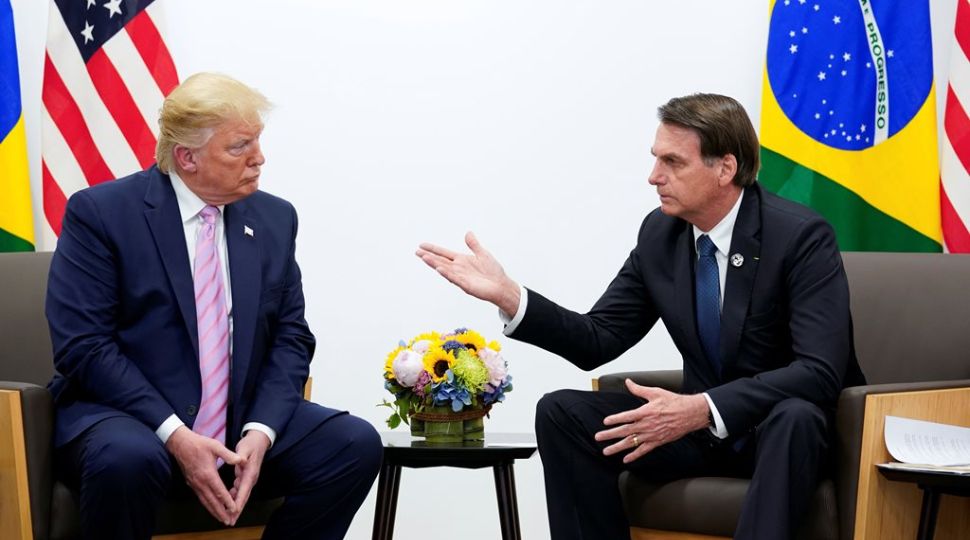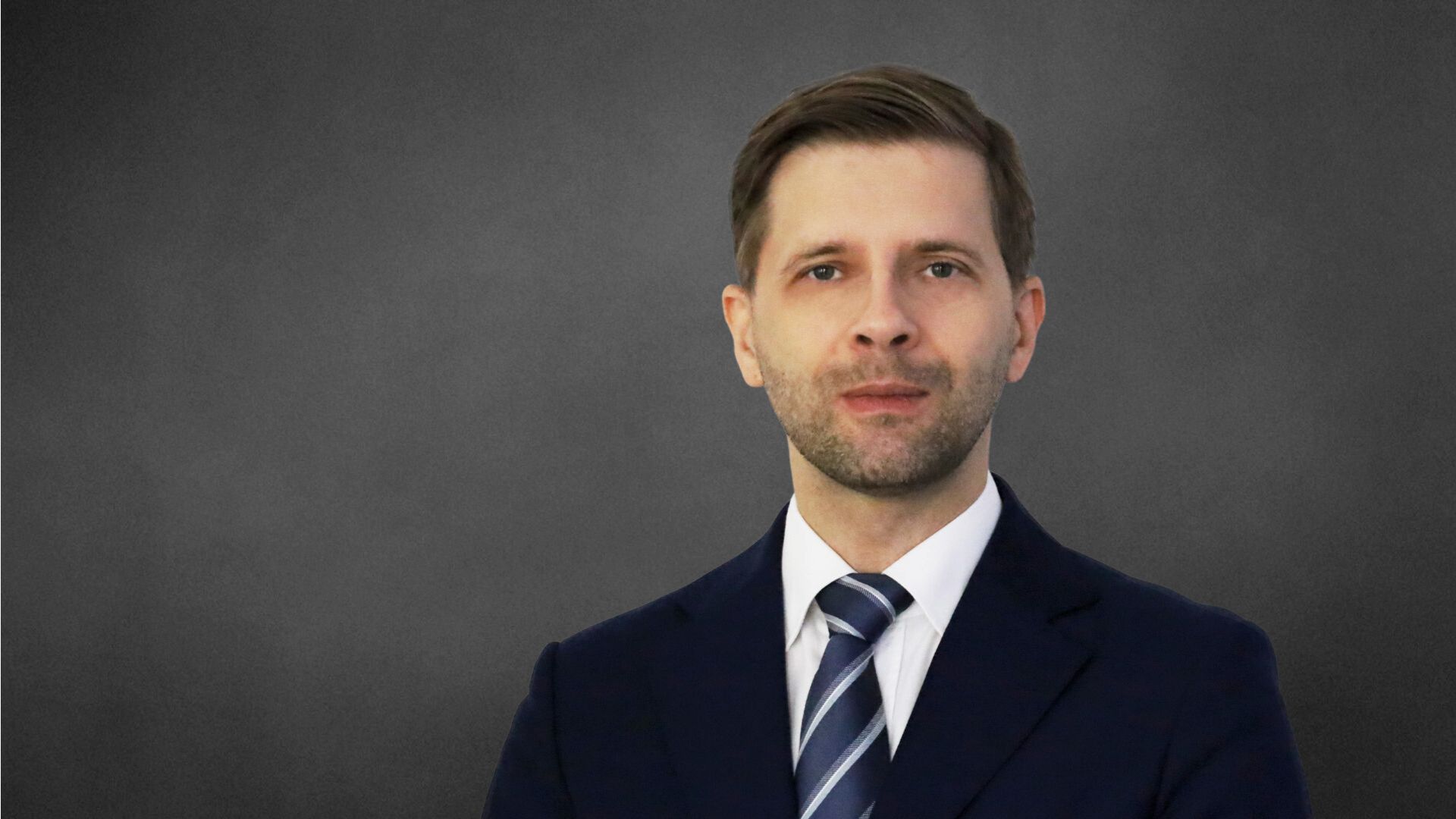The Significance of the U.S. in Brazilian Government Policy

The Premises of the New U.S.-Brazil Relationship
The current Brazilian government acts on the conviction that it shares similar views with the United States, especially on the intensive promotion of conservative values, but also in foreign policy. Prior to taking over, Bolsonaro declared that he would follow Trump’s decisions, moving Brazil’s embassy in Israel to Jerusalem and withdrawing from the Paris Agreement on climate change. He also was critical of Chinese economic engagement in Brazil. As president, he chose the U.S. as the destination for his first official foreign visit. This marked a departure from his predecessors’ tradition of first visiting Argentina, Brazil’s most important partner in Latin America. Bolsonaro and Trump’s meeting in March confirmed their mutual interest in cooperating, especially in economic and security spheres.
Economic Cooperation
The U.S. is Brazil’s second largest trading partner (or third, if the EU is counted as a whole). The value of their trade in goods in 2018 reached $57.7 billion. This was about $41 billion less than Brazilian trade with China, which surpassed the U.S. in this regard a decade ago. Bolsonaro’s government wants to increase trade with the United States, but first, both countries need to remove a number of mutual barriers (especially for agri-food goods). Brazil has so far agreed to reduce restrictions on the import of wheat. Both parties have also accepted a plan to lift the ban on the import of U.S. pork and Brazilian beef. In addition, Bolsonaro decided unilaterally to scrap the visa requirement for U.S. citizens (as well as for those from Australia, Canada and Japan) citing potential benefits for Brazil’s tourism industry.
Brazil and the U.S. have also reached an agreement to allow the commercial use of the Brazilian space rocket launching base in Alcântara. This agreement regulates safeguarding rules on using the U.S. technology required for take-offs. The U.S. and Brazil, in fact, concluded an agreement on the matter at the beginning of the last decade, but the Brazilian governments between 2003 and 2016 rejected the deal as they saw its provisions as a threat to Brazil’s sovereignty. The Temer government renewed efforts to return to the agreement, which was finalised by the current authorities largely thanks to the February decision of Boeing and Embraer to establish a joint venture in the civil aircraft sector. Both companies operate in the space industry and may be important users of the Alcântara base.
For Brazil, cooperation with the U.S. may help to support domestic reforms on improving market access and terms for doing business. Trump supported Brazil’s aspirations to join OECD, which meant in fact that he withdrew opposition to Temer’s 2017 membership bid. In exchange, Bolsonaro’s government has pledged to give up preferences available for developing countries in future deals in the WTO.
Security Cooperation
The Brazilian government places a strong emphasis on developing security relations with the United States, including as part of advancing cooperation with NATO (a position criticised by former governments). It sees this as a chance to modernise the army and attract contracts for the domestic defence industry. Brazil’s success was Trump’s commitment to grant it the status of a major non-NATO U.S. partner, which will facilitate access to military technology and training (in Latin America, Argentina has had such status since 1998). Both countries will also develop the interoperability of their troops.
The Brazilian authorities also want to engage in various international initiatives alongside the United States, for example in dialogue on the Middle East. In February, Brazil’s foreign minister Ernesto Araújo participated in the Warsaw conference on the region and was the only high-ranking government official from among the Latin American countries. Another example is cooperation between Brazil and the U.S. to bring about political changes in Venezuela, although Bolsonaro’s government did not support military intervention, an option suggested by the Trump administration.
Conclusions and Prospects
The first months of this year saw the intensification of relations between Brazil and the United States. Bolsonaro especially succeeded in technological and defence cooperation arrangements. In the economic sphere, however, the unilateral character of Brazil’s concessions demands attention, especially its resignation from WTO preferential status. The pace of mutual market opening depends strongly on the progress of economic liberalisation in Brazil. The process requires major changes in regulations and overcoming resistance from sectors which favour a protectionist stance (such as industry).
The United States’ priority status for Brazil mainly stems from the coincidence of Bolsonaro and Trump’s presidencies. These leaders share a mutual appreciation of their political views and ways of governing, and both are volatile in their own positions. If there are changes in either government, the durability of this relationship is not certain. Furthermore, there is no consensus on the approach to the U.S. among Brazilian officials. The push for close cooperation is mainly driven by influential Bolsonaro’s sons and minister Araújo. At the same time, many diplomats and military representatives in the government (first among them being Vice-president Hamilton Mourão) want to ensure that closer relations with the U.S. do not undermine Brazil’s partnerships with others. Bolsonaro does appear to have listened to these voices of moderation, having not moved the embassy in Israel and delivering softer rhetoric on China.
Brazil's relations with the PRC are a major challenge to closer cooperation with the United States. For many Brazilian exporters (of soybeans, for example) China is the most important customer, and sales to that market have been increasing as a result of the escalating trade war between the U.S. and China. The Bolsonaro government does not consider excluding Huawei from 5G implementation in Brazil. Yet, it also declares an interest in the Belt and Road initiative. Brazil also has not given up engagement in BRICS and it continues to treat the grouping as a useful tool for cooperation in specific fields, such as the digital economy.
The drive for closer relations with the United States and other countries with similar policy stances means Brazil pays less attention to its relations with European partners, such as France and Germany. For example, the governments of these countries reacted negatively to Bolsonaro echoing Trump’s criticism of climate-change policies and pushing for looser regulations on environmental protection in Brazil. The French threat to block the EU-Mercosur trade deal was one reason for Brazilian the government to remain a signatory to the Paris Agreement. Similarly, objections to Bolsonaro’s policy from individual European NATO members might complicate Brazil’s attempts to formalise dialogue with the organisation, for example in acquiring Global Partner status.
Brazil and Poland’s priority status of relations with the United States favours political contacts between the first two countries, especially in the security field, including in the framework of the potential dialogue between Brazil and NATO. This mutual interest could also be positive for economic relations, for example allowing the conclusion of an agreement on avoiding double taxation. Negotiations on this have been taking place for a few years, and it is highly anticipated by Polish investors interested in the Brazilian market.





